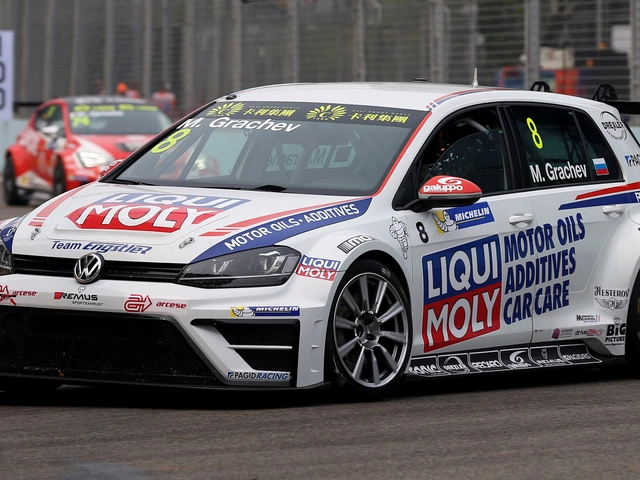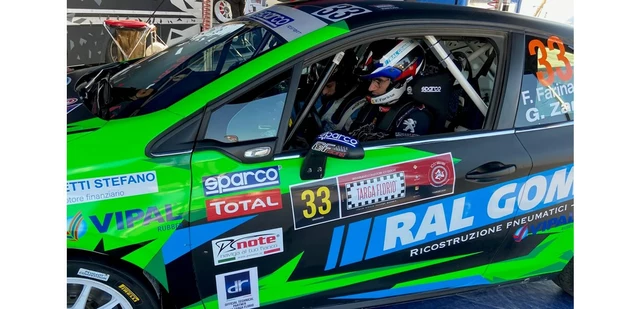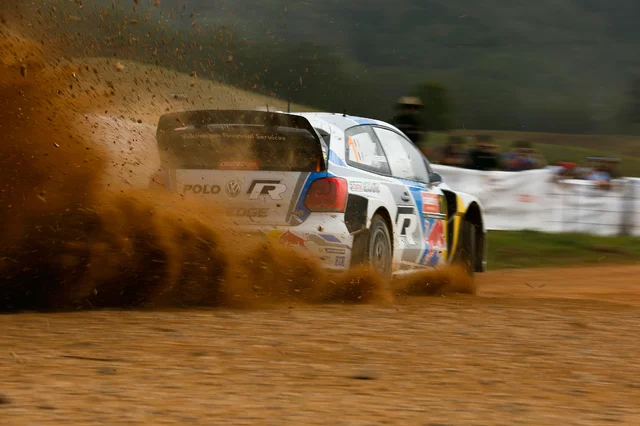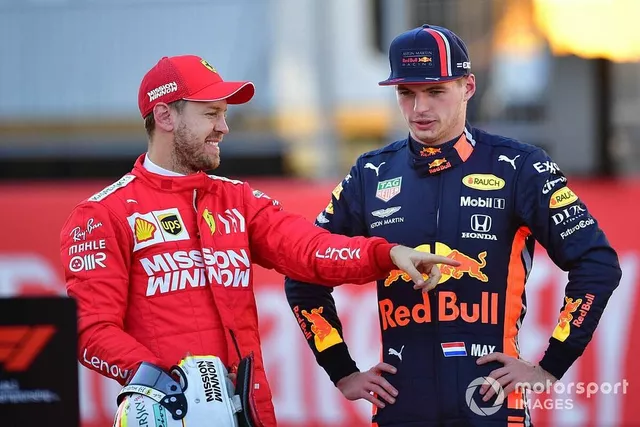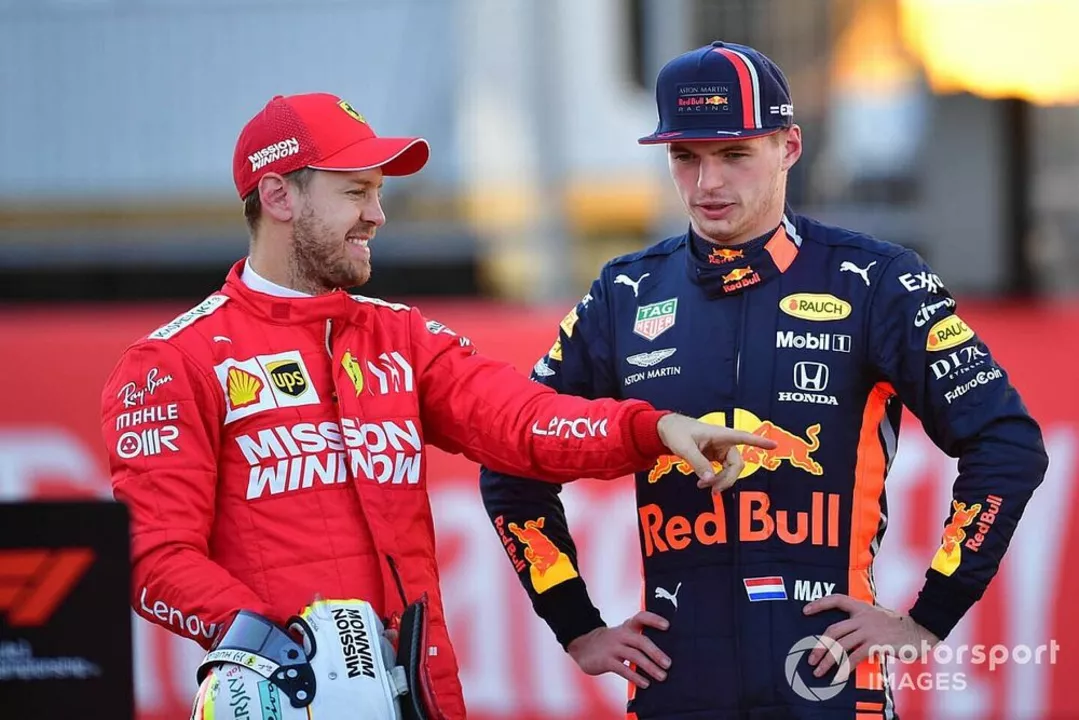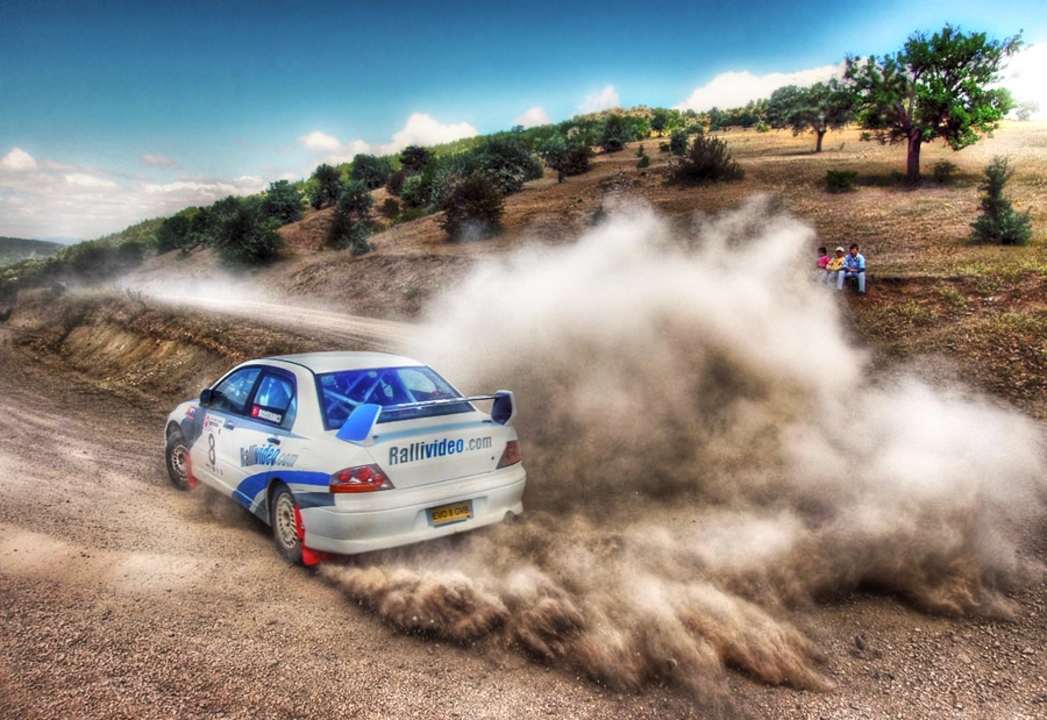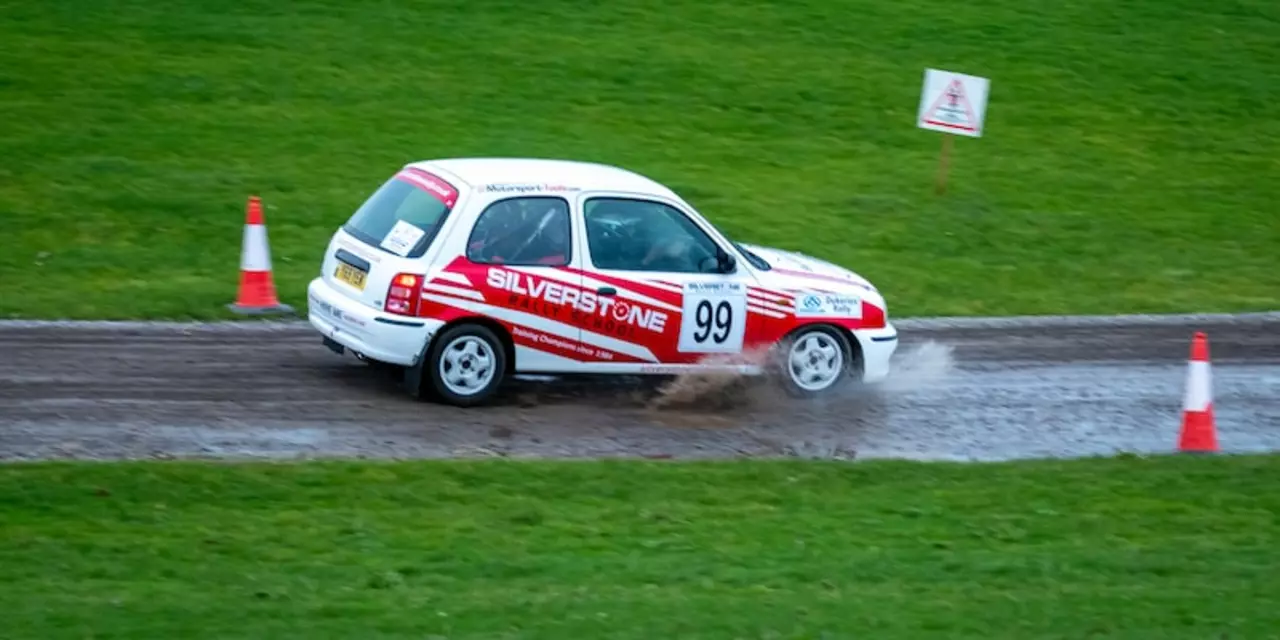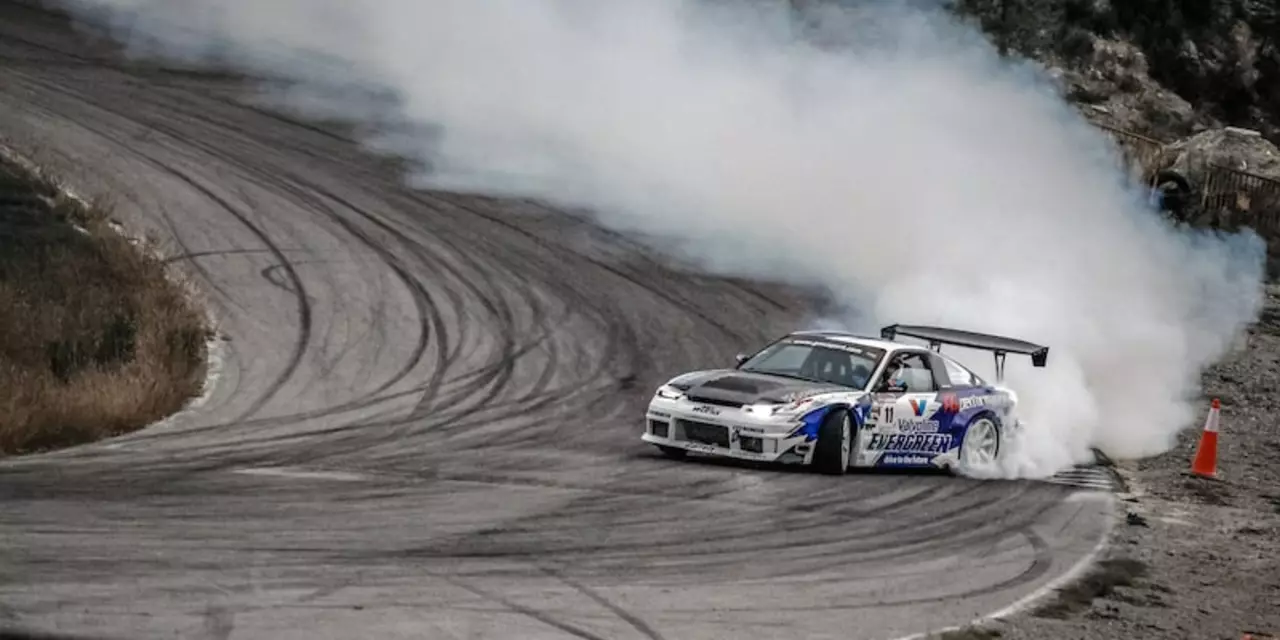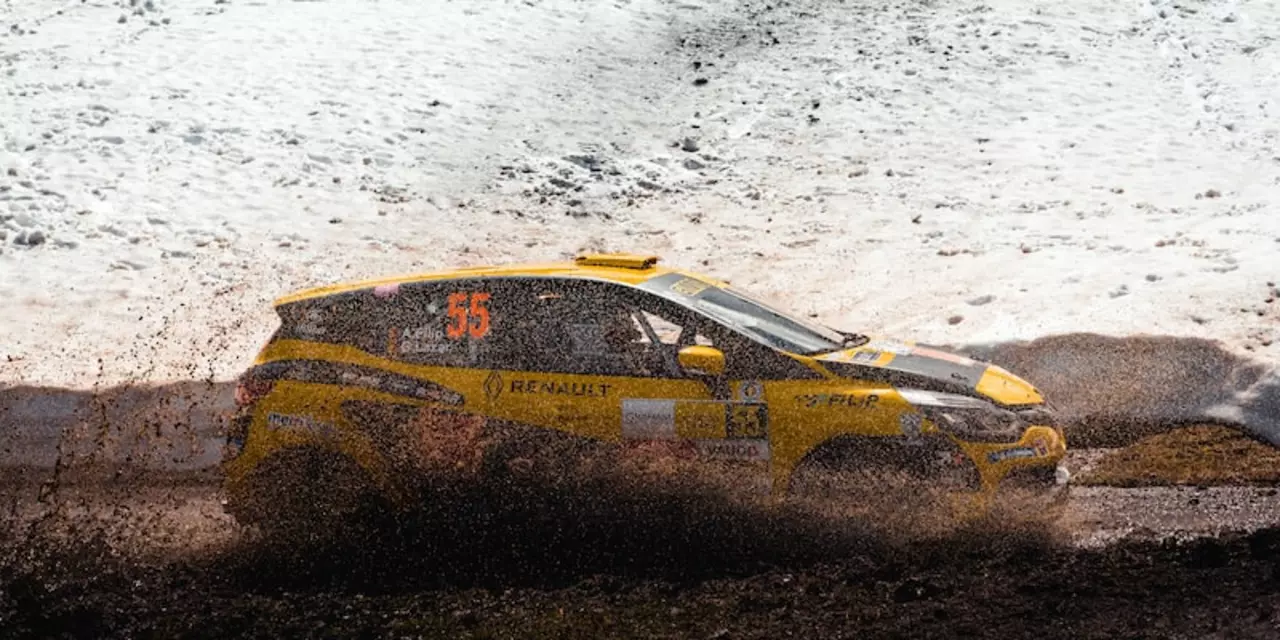Are rally drivers better drivers than F1 drivers?
Rally and Formula 1 drivers are two of the most skilled and talented drivers in the world. But which type of driver is better? It all comes down to personal preference. Rally drivers are known for their ability to drive quickly through a variety of terrains, while Formula 1 drivers are known for their technical expertise in mastering the most advanced race cars. Both types of drivers have their own strengths and weaknesses, and both require a high level of skill and concentration. Ultimately, the best driver is the one that can adjust their approach and find success in any situation.
Continue Reading
